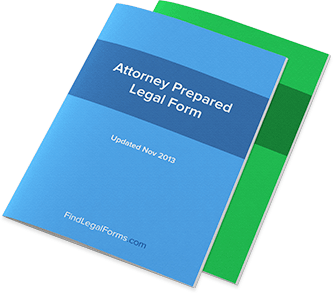Durable Effective Immediately Power of Attorney vs. Durable Upon Disability Power of Attorney
Upon first glance, durable power of attorney and durable (upon disability) power of attorney might not seem very different. Heck, they are both powers of attorney, meaning that they both carry a lot of responsibilities, implicit trust, and legal weight. But when you closely examine the differences between the two, you begin to understand just how a few small differences in a label can mean a big change in terms of the legally-binding responsibilities they carry.
To examine what each of these powers of attorney means, let’s take a look at them one at a time.
Durable (Effective Immediately) Power of Attorney
As in all power of attorney cases, there are two parties involved: the principal and the agent. The principal is the one granting the agent with his or her powers of attorney. When granted power of attorney, the limitations - or lack thereof - that the agent has in the principal’s affairs will be decided on what kind of power of attorney has been granted. If granted a general power of attorney, the agent will have almost unlimited say in the principal’s affairs, including making financial decisions, signing documents, and handling a myriad of other legal situations.
But when durable (effective immediately) power of attorney is invoked, there is a major difference. When the principal has granted an agent with general power of attorney, those powers expire when the principal passes on or becomes incapacitated in some way. But a durable power of attorney can mean the agent possesses power of attorney even after the principal has become incapacitated, meaning that the agent can go on making decisions even while the principal is in a coma, for example.
When durable power of attorney is made effective immediately, that means the power of attorney begins upon the signing and notarizing of the proper power of attorney forms.
Durable (Upon Disability) Power of Attorney
What separates durable power of attorney when it is “upon disability” from the power of attorney we discussed in the previous section? This type of power of attorney is effective only when the principal becomes incapacitated or handicapped. Since this is typically when general power of attorney can expire, it highlights just how different a durable upon disability power of attorney can be, even if it sounds like a similar term.
The difference between durable powers of attorney when they’re effective immediately vs. when they’re effective upon disability are similarly striking, and you’ll want to make sure that you know exactly what each one means. Typically, lawyers are the ones to advise people in this regard, but if you keep in mind these definitions you’ll have a much better idea of what kind of power of attorney might be best for the principal in your life - especially if that principal is you.
Be sure to follow up this article with more research into power of attorney forms to understand just how much legal power shifts hands when a power of attorney contract is signed.

